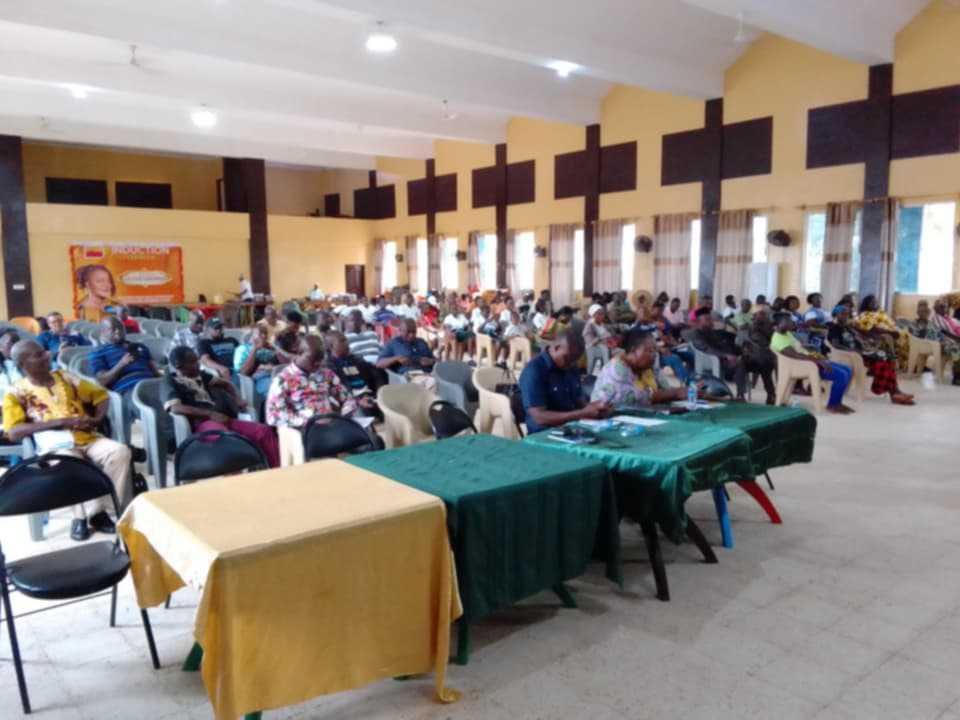Africa-Press – Liberia. The Government of Liberia, through the Environmental Protection Agency (EPA) and with backing from international partners, on Thursday, convened a one-day consultative workshop to validate the nation’s updated Climate Change Action Plan.
The event marked a critical step in revising Liberia’s Nationally Determined Contributions (NDC) under the United Nations Framework Convention on Climate Change (UNFCCC). The updated plan comes in response to a recent UN report that invalidated Liberia’s previous NDC 3.0 following its second renewal in 2020, citing the need for revisions every five years.
Liberia’s revised Climate Change Action Plan targets key sectors including energy, waste, transport, agriculture, and forestry. For the first time, it will also integrate additional sectors such as industry, health, coastal zones, and fisheries, underscoring the nation’s strengthened commitment to environmental sustainability.
Liberia, which joined the global climate fight in November 2002, continues to implement strategies aimed at ensuring climate resilience and sustainable development. The new climate framework will guide national actions from 2025 to 2030.
The workshop drew a broad spectrum of participants, including climate justice activists, environmental experts, consultants, and government officials. Stakeholders from Bong, Lofa, Nimba, Grand Bassa, Bomi, and Gbarpolu Counties were also represented, reflecting nationwide engagement.
Arthur R.M. Becker, Director of Multilateral Environmental Agreements at the EPA, noted that if validated, the five-year action plan will tackle climate challenges head-on while delivering solutions across the country. He emphasized that the framework will drive sustainable initiatives, prioritize critical interventions, and implement policy measures aimed at reducing greenhouse gas emissions.
The consultative exercise reaffirmed Liberia’s commitment to aligning its climate policies with the goals of the UNFCCC and the country’s own national development agenda, known as the ARREST AGENDA.
The workshop was supported by key international partners, including the United Nations Development Programme (UNDP), the UK Government, Germany’s Federal Ministry for Economic Cooperation and Development, and the Swedish International Development Cooperation Agency (SIDA).
For More News And Analysis About Liberia Follow Africa-Press






